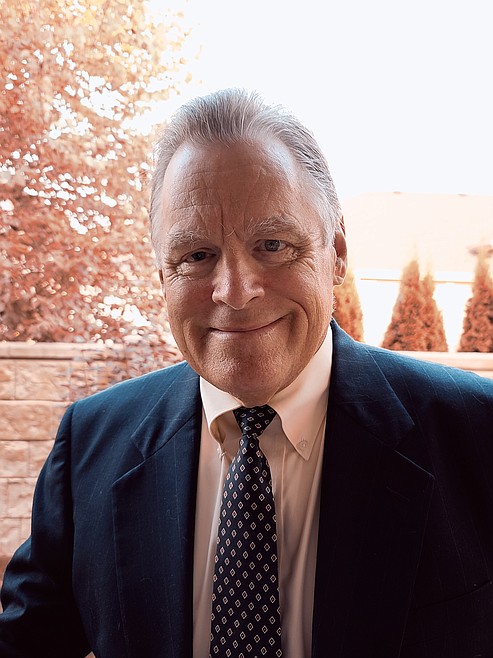Op-Ed: Risch: Putin can smell weakness
It’s painful for me to see President Biden talking about what’s happening in Ukraine.
His tough talk about Russian President Vladimir Putin committing war crimes, along with waves of economic sanctions, seems to have the effect of an angry parent taking away a teenager’s monthly allowance...
Become a Subscriber!
You have read all of your free articles this month. Select a plan below to start your subscription today.
Already a subscriber? Login




